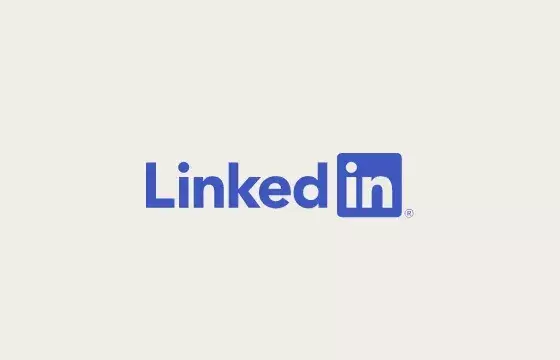In the fast-paced world of professional networking, authenticity should be the cornerstone that defines success. Yet, recent industry trends reveal a worrying trend: a surge in fake profiles and artificially inflated engagement metrics. Such practices distort the platform’s true purpose—fostering genuine connections and professional growth. As someone critically analyzing the landscape, I believe this proliferation of disingenuous activity undermines trust, corrupts the organic flow of networking, and eventually erodes user confidence. Platforms like LinkedIn have recognized this challenge, but addressing it is a nuanced battle. The problem isn’t merely about deleting bots or limiting automated comments; it’s about preserving the integrity of a professional ecosystem built on credibility.
LinkedIn’s Response: A Step Toward Clearer Boundaries
Recently, LinkedIn announced a more explicit stance against automated engagement, incorporating language into its official guidelines that signals a definitive shift. By acknowledging that they may limit comments from members or pages exhibiting suspicious activity, LinkedIn is making it clear that it values authentic contribution over superficial metrics. This move is significant because it elevates the importance of genuine engagement as a core policy, rather than treating artificial activity as an acceptable trade-off in the race for higher numbers.
However, the effectiveness of these measures hinges on enforcement. Detecting automated tools and engagement pods isn’t straightforward, especially since these activities are often orchestrated off-platform with sophisticated tactics. Nonetheless, LinkedIn’s willingness to integrate constraints directly into its official documentation reflects a commitment to curbing this trend. It signals that platform integrity is becoming a priority and that superficial metrics will no longer distort the perceived success of members or content.
The Implications for Professional Authenticity
The bigger question emerges: does the fight against fake engagement genuinely elevate the quality of professional interactions? I argue that it must. When engagement is authentic, it fuels meaningful conversations, fosters real relationships, and builds reputations based on credibility—not clickbait or superficial comments. Conversely, the normalization of engagement pods and automated responses leads to a hollow experience where numbers dominate over substance.
Furthermore, the temptation to game the system arises in environments where success metrics directly influence career opportunities, recognition, and influence. When fake profiles and automation become widespread, they skew perceptions of influence—making it difficult for genuine professionals to stand out organically. This creates a dangerous precedent, where visibility becomes more about tactical manipulation than actual expertise.
As a critic, I see platforms like LinkedIn having a moral obligation to prioritize authentic engagement, even if it means sacrificing some superficial growth. Genuine relationships are the true currency of professional success, and preserving these should be the ultimate goal. Measures like limiting comment activity and penalizing automation are steps in the right direction, but they need to be accompanied by broader initiatives—such as enhanced verification, community moderation, and fostering a culture that values quality over quantity.
Looking Ahead: The Future of Ethical Networking
In the long run, the battle against inauthentic activity is about more than rule enforcement. It is about cultivating a digital environment that celebrates integrity, expertise, and real human connections. The acknowledgment by LinkedIn that it will limit automation-related activity demonstrates an understanding that the health of the platform depends on trustworthiness. Still, enforcement remains paramount; policies are meaningless if they are not effectively implemented.
As professionals and platform users, we must also question our own practices. Are we contributing to an environment that values real relationships, or are we unconsciously incentivizing shallow engagement? The shift toward more authentic interactions demands conscious effort from everyone involved—creators, users, and platform administrators alike.
Ultimately, the future of professional networking hinges on our collective commitment to authenticity. Platforms that succeed in fostering genuine connections will stand the test of time, even amid the inevitable temptations of surface-level metrics. While LinkedIn’s recent steps are promising, true change will occur when authenticity becomes a non-negotiable standard in the digital professional world.

